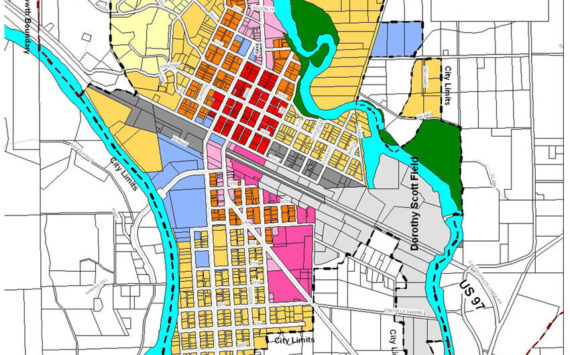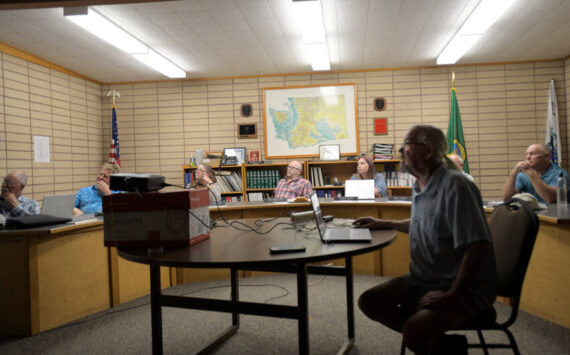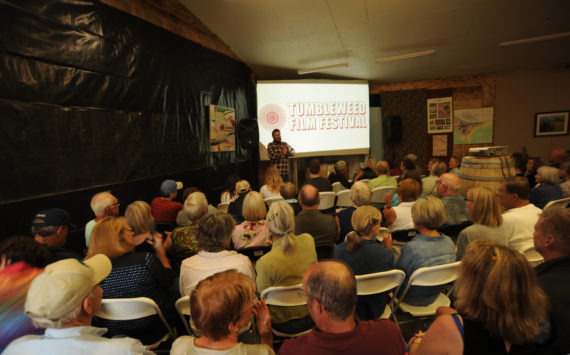More Stories From This Author
Commissioner DeTro getting called out over Facebook post
Working for a newspaper, we’re among the first to defend people’s right to freedom of expression. However, that right certainly…
By
Gary DeVon • June 4, 2020 1:30 am
A chance to share Thanksgiving
Each year we are asked to share what we are grateful for as we sit down to Thanksgiving dinner with…
By
Gary DeVon • November 21, 2017 12:58 pm
Another great Tumbleweed
If you missed last weekend’s Tumbleweed Film Festival you missed a good one. That’s not to say they all haven’t…
By
Gary DeVon • August 24, 2017 2:19 pm







